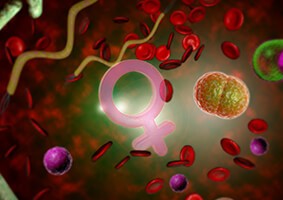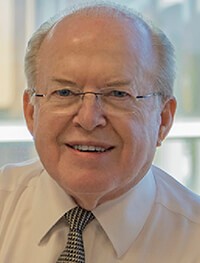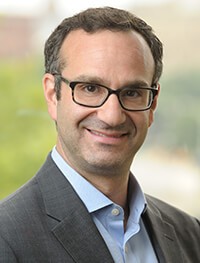Vaginal Microbiota Investigations

Title: Vaginal Microbiota
Investigations: Increasing Insight,
Reducing Cost
Originally Aired: Tuesday, May 16, 2017
Time: 2 p.m. ET
Presenters: Don Stalons, PhD,
Doug Rains, and Jeff Shaman, PhD
Unless otherwise noted, P.A.C.E.™ accreditation will expire six months after the live webinar.
Increasing Insight, Reducing Cost
Fisher HealthCare presents a complimentary, P.A.C.E.® accredited webinar focusing on a frequently requested topic for education: Identifying both the pathogenic and commensal microbiota through real-time PCR.
Urogenital infections, including bacterial vaginosis, urinary tract infections, and vaginitis, afflict over a billion women each year. In spite of the significant size of the affected population, there is a lack of awareness among CLIA labs for a multi-pathogen solution for screening vaginal microbiota. Current culture based methods for vaginal and urogenital microbiota lack sensitivity and specificity, and are subjective as well as inaccurate. Current molecular methods for bacterial vaginitis can have a high cost per sample and a lack of flexibility in content and pathogenic targets. Tests that are neither flexible in content, low cost per sample, nor sensitive enough to detect vaginal and urogenital microbiota can lead to further testing in order to get a finite answer for bacterial vaginitis investigations. This webinar will discuss the increased sensitivity and specificity required for vaginal microbiota and pathogen investigations. It will also review the role of both pathogenic and commensal microbiota involved in urogenital infections and relevant research, and identify the methods to detect a broad range of vaginal microbiota from a single sample quickly, and efficiently.
This webinar will:
- Review the role of both pathogenic and commensal microbiota involved in urogenital infections
- Identify the methods to detect a broad range of vaginal microbiota from a single sample quickly, and cost effectively
- Discuss the practical application of the detection of a broad range of vaginal microbiota from a single sample
Continuing education credit:
- 1 P.A.C.E.® credit-hour will be provided for this Program.
- This session is approved for 1 Florida Laboratory CE credit. Florida Board of Clinical Laboratory Personnel approved number: 50-12563
For Research Use Only. Not for use in diagnostic procedures.
Presenters

Don Stalons PhD, D(ABMM), MPH
Vice President of Operations and Laboratory
Diatherix
Don’s prior experience spans over three decades in large reference and hospital laboratories where he has provided leadership in the clinical laboratory, infection control and prevention, and antibiotic stewardship program. He holds a bachelor of science, a master of public health, and a doctoral degree in clinical laboratory science. Following fellowship training in medical microbiology and infectious diseases, he received his certification as a Diplomat of the American Board of Medical Microbiology. At Diatherix, he is the Director of the Clinical Laboratory.

Doug Rains
Chief Scientific Officer
Quantigen
Following thirteen years in academic laboratories focused on cancer research, Doug spent ten years as a field applications specialist at Applied Biosystems/Life Technologies. He has been helping to validate clinical laboratories for various molecular-based tests for the past four years, including in his current role as CSO of Quantigen Laboratory in Fishers, IN.

Jeff Shaman, PhD
Director of Business Development
Coriell Life Science
Dr. Shaman is the Director of Business Development at Coriell Life Sciences where his expertise in genetics, pharmacology, stem cells, and clinical laboratory operations is used to develop and promote genetic and medication risk reporting tools for healthcare professionals and patients. Dr. Shaman earned his PhD from The Johns Hopkins University School of Medicine in Pharmacology & Molecular Sciences, where his research focused on DNA, epigenetics, and nuclear structure and function.